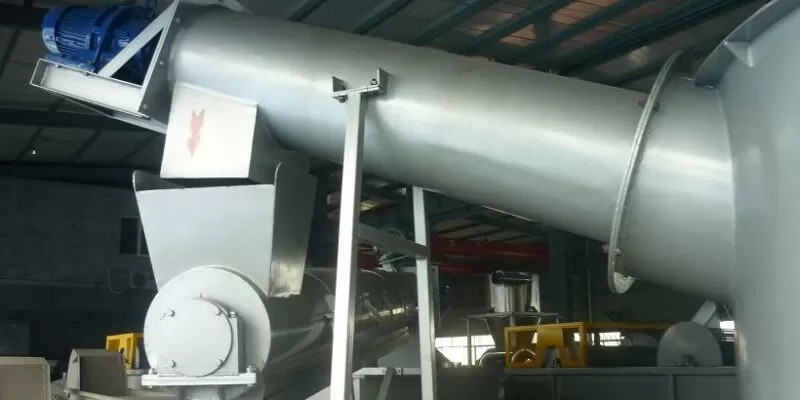Ever wondered how a country famous for its breathtaking landscapes handles the not-so-pretty issue of plastic waste? As someone deeply embedded in the business of plastic recycling machinery, I’ve kept a keen eye on global trends, and Chile has caught my attention recently.

Chile’s commitment to environmental preservation is remarkable, and their strides in plastic recycling are truly commendable. They’ve implemented robust policies and innovative technologies to reduce plastic pollution significantly.
Chile isn’t just about the Andes and good wine; it’s also a leader in environmental initiatives in Latin America. Let’s dive deeper into what this means for plastics and recycling.
What’s the Current State of Environmental Pollution in Chile?
Chile faces significant environmental challenges, primarily due to its industrial and mining activities. The country has been dealing with issues like air and water pollution, which have pushed the government and private sector to adopt stricter environmental policies. Chile takes action on air pollution | Climate & Clean Air Coalition
How Serious Is Plastic Pollution There?
Plastic pollution has been a growing concern globally, and Chile is no exception. With its extensive coastline, the impact of plastic waste on marine life has been particularly troubling. This has spurred various national initiatives aimed at reducing plastic usage and improving waste management. Microplastics Pollution in Chile: Current Situation and Future Prospects
The local communities and international NGOs are actively participating in cleanup drives and awareness campaigns to combat plastic pollution. Such efforts are crucial for sustainable change.
What Are Chile’s Achievements in Plastics Recycling?
Chile has made impressive advancements in plastics recycling. They were one of the first Latin American countries to ban single-use plastic bags, which set a precedent for further legislative measures on plastic use and recycling. Is Chile prepared to recycle?
How Are Technologies Changing the Recycling Landscape?
Technology plays a pivotal role in enhancing recycling processes. In Chile, innovations such as improved sorting technologies and chemical recycling methods have been game-changers, making recycling more efficient and less energy-intensive. Chile is Leading the Way as an Example of a Regional Circular Economy
These technological advancements are not just good for the environment; they’re also boosting the local economy by creating green jobs and fostering sustainable industries.
What Role Does Legislation Play?
Chile’s government has enacted several policies that significantly impact plastic production and disposal. For instance, the Extended Producer Responsibility (EPR) law makes producers responsible for the entire lifecycle of their products, including post-consumer waste. Chile passes comprehensive plastics legislation
How Can Other Countries Learn from Chile?
Chile’s proactive approach offers valuable lessons for other nations. Their comprehensive policies, community engagement, and investment in technology serve as a model for effective environmental stewardship. Chile and Brazil take on Big Plastic
Following Chile’s example, other countries can see that progressive legislation combined with community action and technological innovation can lead to substantial environmental improvements.
Conclusion
Chile’s journey in tackling plastic pollution and enhancing plastics recycling is a testament to what can be achieved with determination, innovation, and cooperation. As we at Amige look towards enabling more businesses with the right recycling machinery, we celebrate and draw inspiration from such global leaders. Let’s keep pushing the boundaries for a cleaner, greener planet.
